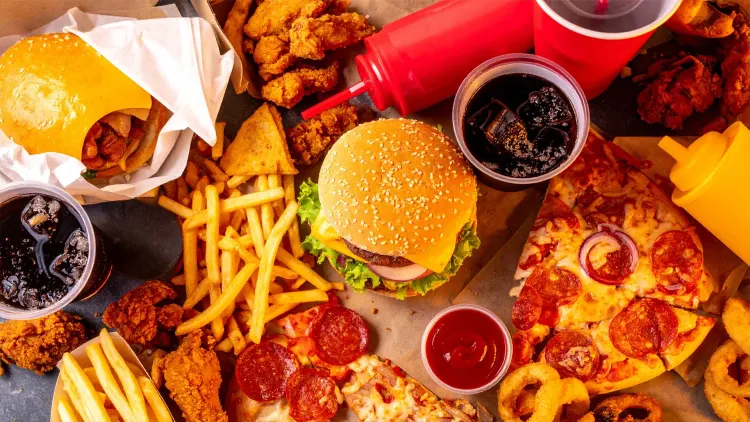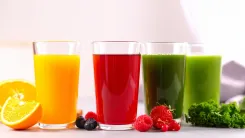Can Eating Chips and Cookies Lead to Addiction Similar to Substance-Use Disorders?

Synopsis
Key Takeaways
- Ultra-processed foods can mimic addictive behaviors.
- Research shows similarities between these foods and substances like alcohol and cocaine.
- Urgent action is needed to recognize and address food addiction.
- Public health measures should be implemented to protect vulnerable populations.
- Awareness and education are crucial in combating this issue.
New Delhi, July 29 (NationPress) Your cherished chips, cookies, and soda -- known as ultra-processed foods -- have the potential to instigate addictive behaviors that align with the clinical criteria for diagnosing substance-use disorders, according to a recent study.
Researchers emphasized that ignoring this reality in diagnostic frameworks poses a significant risk with serious implications for global public health.
"Individuals aren't developing addictions to apples or brown rice," stated lead author Ashley Gearhardt, a Professor of Psychology at the University of Michigan, US.
"They are grappling with industrial products meticulously crafted to affect the brain like a drug -- swiftly, intensely, and repeatedly," Gearhardt further explained.
This research, published in the journal Nature Medicine, compiled evidence from nearly 300 studies across 36 nations. The results indicated that ultra-processed foods can manipulate the brain's reward system, resulting in cravings, loss of control, and continued consumption despite negative consequences -- hallmarks of addiction.
Moreover, neuroimaging studies show that individuals who compulsively consume these foods exhibit brain circuit disruptions that are remarkably similar to those found in alcohol and cocaine addictions.
Interestingly, medications that diminish cravings for ultra-processed foods have also been shown to lessen compulsive drug use, highlighting the common neurobiological pathways.
Gearhardt and her team pointed out that while conditions like nitrous oxide and caffeine use disorder are included in the Diagnostic and Statistical Manual of Mental Disorders, despite overwhelming evidence, ultra-processed food addiction has not yet received even preliminary acknowledgment as a condition deserving further research. This manual categorizes mental disorders based on limited evidence.
"The standards for recognizing addiction have been significantly lower in other instances," remarked co-author Erica LaFata, an assistant research professor at Drexel University's Center for Weight, Eating, and Lifestyle Science. "It is time for ultra-processed food addiction to be subjected to the same scientific criteria."
The study urges public health officials, healthcare providers, and policymakers to take decisive action to formally recognize ultra-processed food addiction, allocate funding for research, and create clinical tools for its identification and treatment. They also encourage the implementation of protective measures similar to those used in tobacco regulation, including marketing restrictions aimed at children, clearer labeling, and public education initiatives.
"We are not claiming that all food is addictive," Gearhardt stated. "We are asserting that many ultra-processed foods are engineered to be addictive. If we fail to acknowledge this, we will continue to let down those most impacted -- particularly children."








